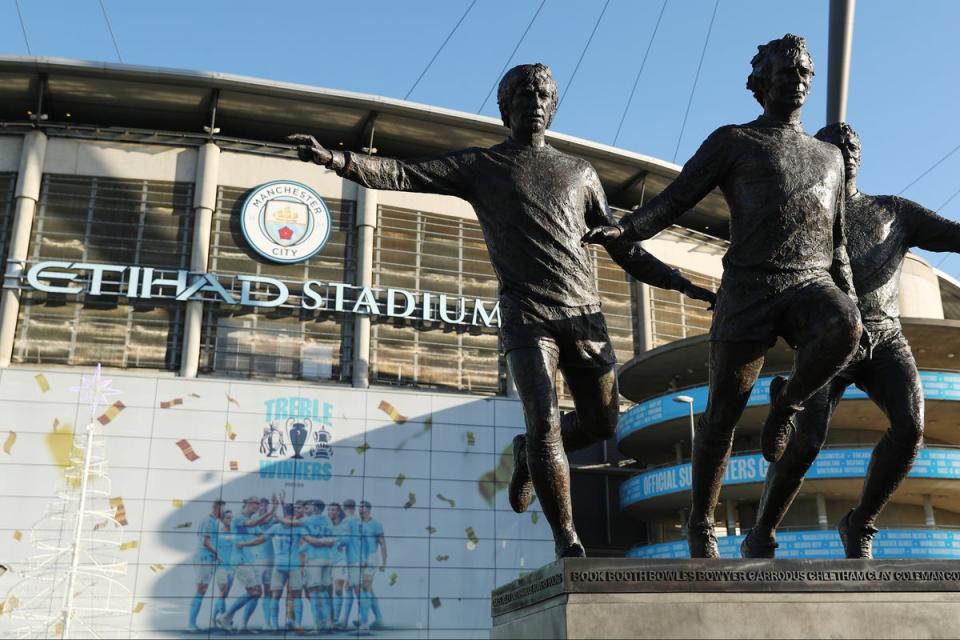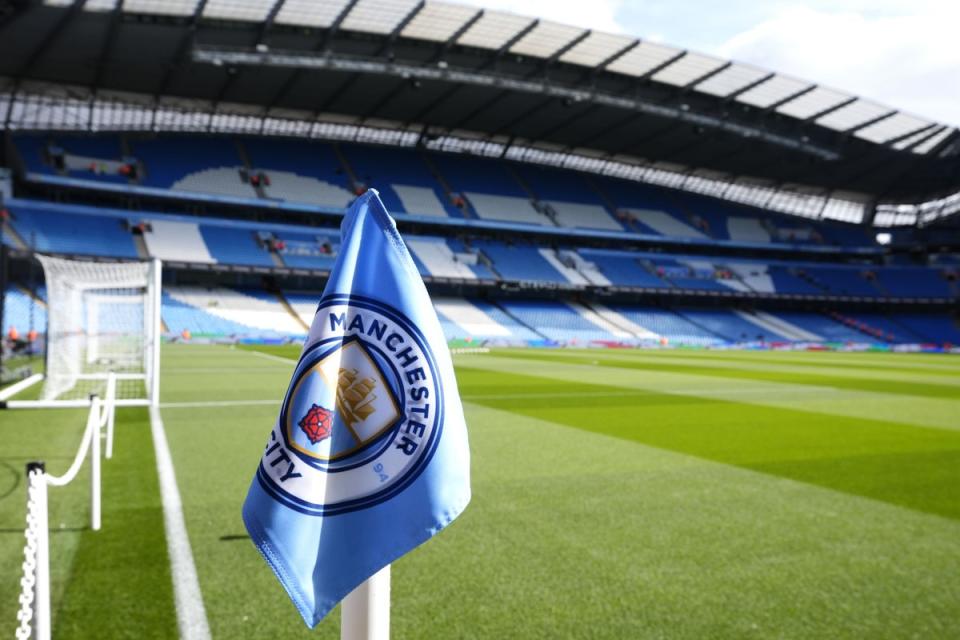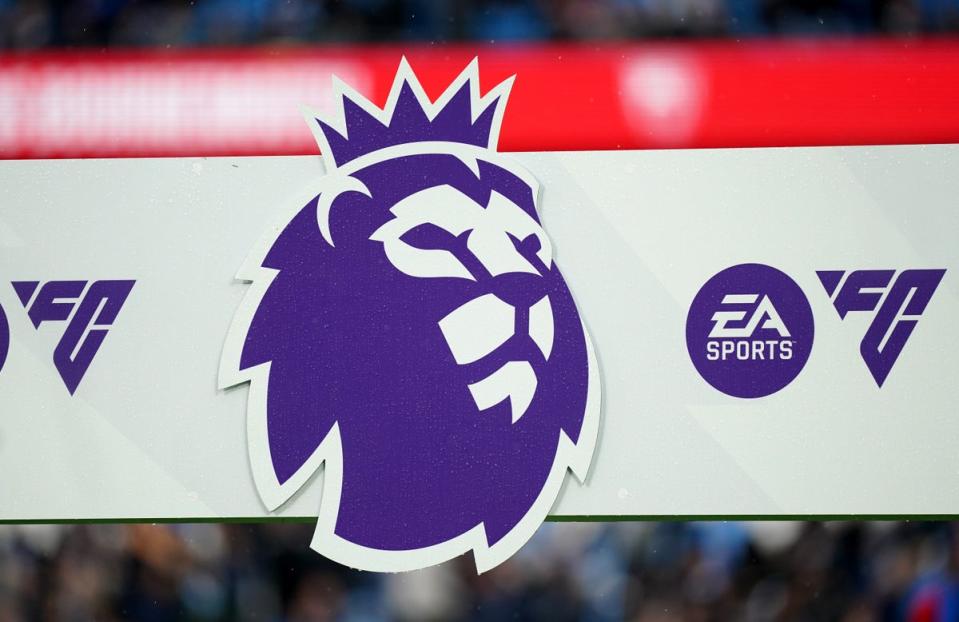Inside the ‘insane’ nature of Man City’s latest court case and what it means for football’s future

If the consequences of Monday’s legal ruling remain unclear, right down to who “won”, the legal power involved couldn’t be more explicit. You can count them. There were 13 barristers on the case, five of whom were King’s Counsels. The senior King’s Counsels are understood to have junior King’s Counsels, who had senior barristers, to go with multiple experts. This, in the view of one executive intimately familiar with such processes, “is insane”.
It also comes at a time of logjam in the wider legal system. Football is socially important but it’s not that important – unless you view it in the prism of geopolitical aims.
Is this serving society? Is this even serving football?
What has actually been achieved here, other than more acrimony and expenditure, to go with amending some of the rules for business to continue as normal? By Monday evening, Manchester City were sending a letter to the Premier League complaining about how the judgment on the club’s legal challenge against the competition’s Associated Party Transaction rules had been presented to its members, arguing the statement was “misleading” and contained “inaccuracies”. City’s general counsel Simon Cliff wrote that the club’s “position” is that the judgment “means all of the APT rules are void, and have been since 2021”.
This was despite the judgment recognising the rules are in keeping with competition law. Lawyers immersed in these issues likened it to Uefa complaining about the European Court of Justice press release on their Super League judgment in December 2021.
That is also inherently connected to all this, especially given how the Super League was brought up in the case.
This is just the latest in a wearyingly long line of stories that showcase how football is being decided by courts and lawyers as much as stadiums and players, all that before the big final battle of the City hearing and its potentially existential consequences for the sport as we know it. It’s a new world, where victories being declared in statements appear to be as important as victories in matches.

On Friday, it was Fifa and the players’ representatives over European labour rights. On Monday, it’s the Premier League and their repeat champions over competition law.
And that’s just the bookend of one weekend. The online world is consumed with fans debating fine legal points and distinctions between “unlawful” and “illegal” more than what the sport is about: whether one team is better than another. It is, frankly, exhausting.
The hostility with which City have addressed this outcome does raise questions over how compatible such stances can be with the principles of sporting competitions dependent on partnership between members. This is one of the issues with letting autocratic states in. Many of these issues simply don’t arise without such ownerships.
The view of many in football – even outside the Premier League – is that this does now look like “all-out war”.
Absurdly, that’s why it’s important to remember what we’re actually talking about here. It’s the playing of a game, by teams who proudly represent their historic geographical areas. That’s it. These clubs don’t exist to make profit, nor do they even need to. They don’t exist to represent anything other than their own identity.
And yet the sport’s greed has allowed in all manner of other interests that have escalated to this, and this mess that football is in. Why? Initially because a host of figures with Reaganomic outlooks – from Silvio Berlusconi to some Premier League founders – wanted to make more money.

Is this inevitable consequence what anyone actually wants? Does this serve the sport’s social role? Look at the money spent on that legal expertise, and this at a time when supporters’ groups – including City’s – complain about ticket prices. This isn’t to say legal defences in such cases are not essential. It is to ask questions about how we got here.
These just aren’t the sort of complications that arise with supporter-owned and democratically-run clubs – ideas that are anathema to the vast majority of Premier League owners.
It is why it’s so important to have a discussion about the direction of football, which makes the uncertain status of the independent regulator all the more relevant.
The Premier League’s philosophical objection to the regulator illustrates one of many reasons why meaningful discussions are never going to come from within football, so change will have to come from without.
This is where many of these legal challenges may actually come full circle. Two things can be true at once. As lamentable as it is that football is even in the courts in these ways, the outcomes are pointing to potential solutions – maybe even a better way forward.
One of the reasons that we are even in this situation is the historic regulatory failure of football institutions, from the Football Association in the early ’90s right up to the Premier League and Fifa now. They have been found badly wanting on so many profound challenges to the sport, from the destruction of competitive balance to state ownership.

Many legal outcomes of these cases are explicitly recognising this.
City evidently intuited this, as part of an approach that essentially amounted to throwing anything they could at the Premier League – including a provision on shareholder loans they previously had no issue with. Legal circles still viewed them as exceptionally clever in appointing Christopher Vajda KC, a former European Union judge, to decide in a case where EU law and European Court of Justice case law were everywhere.
This is also why it is crucial that the judgment recognised that the premise of the rules is not just in keeping with competition law, but also essential for the running of sport.
The main issue for the Premier League here is not a victory for City. It is a rightful rebuke for the Premier League for not conducting their processes correctly, something numerous executives see them as “sloppy” on. The recent Leicester City example was a case in point.
It’s also where the issue of interest-free loans may be influential. The tribunal can’t force the Premier League to adopt any rules, since only the clubs can vote them in, but it does mean they can’t just vote on what suits them.
This, as should go without saying, is a stance that is essential to fair running of football. It is badly lacking, though.

Through that, the judgment has been interpreted in some circles as like December’s Super League case. The complainants didn’t get what they really wanted, to use legal precedents for bigger arguments, but there is a warning for football’s regulators that they have to start doing things properly.
They have to be fair and transparent, with correct process.
It is also notable that so many of these rulings on competition law – which is forming the basis of so many cases – are recognising that football needs to have much more financial balance.
It is why there are potentially positive outcomes for the wider game, from these unseemly legal squabbles that involve the most narrow of interests.
